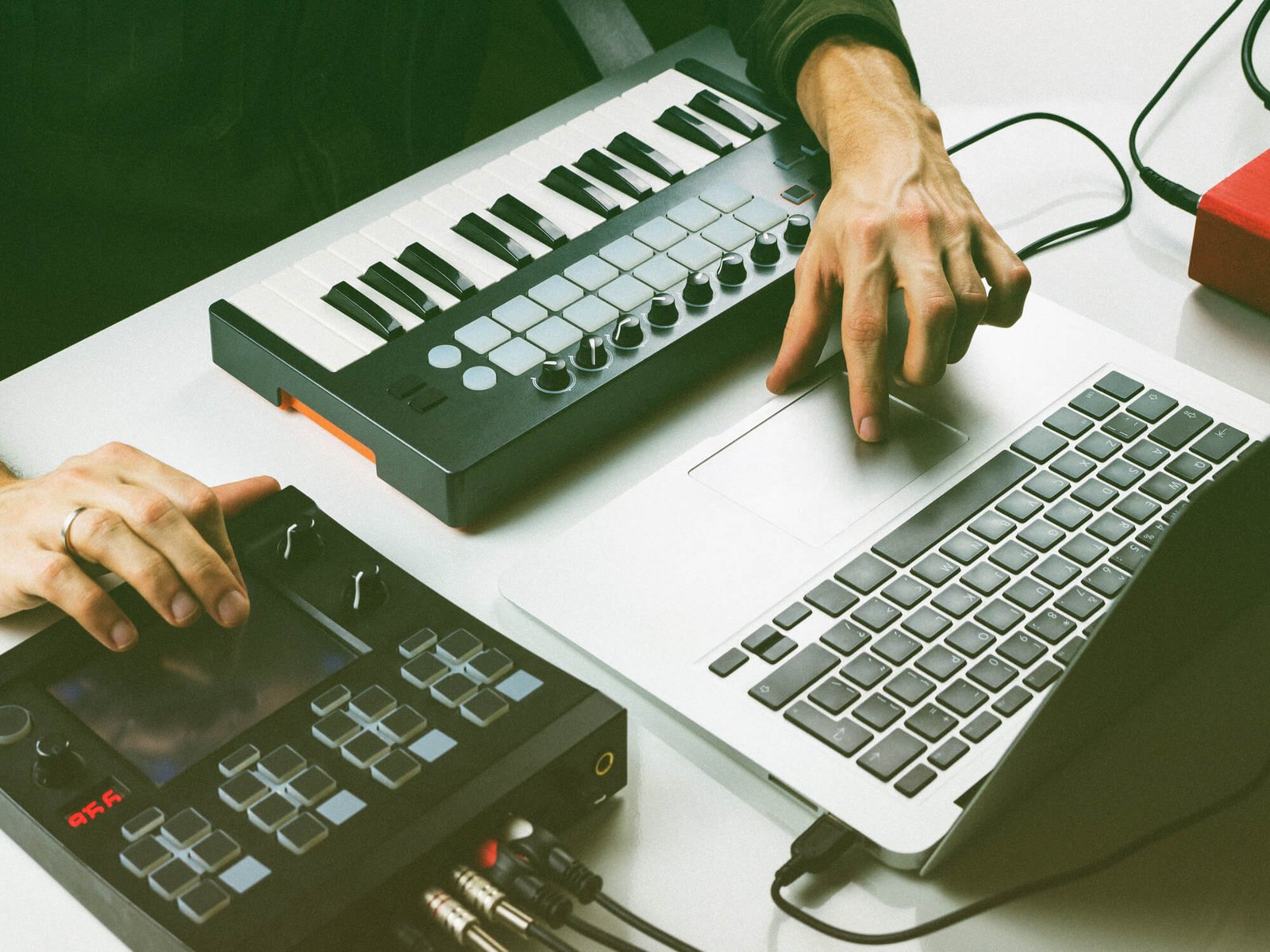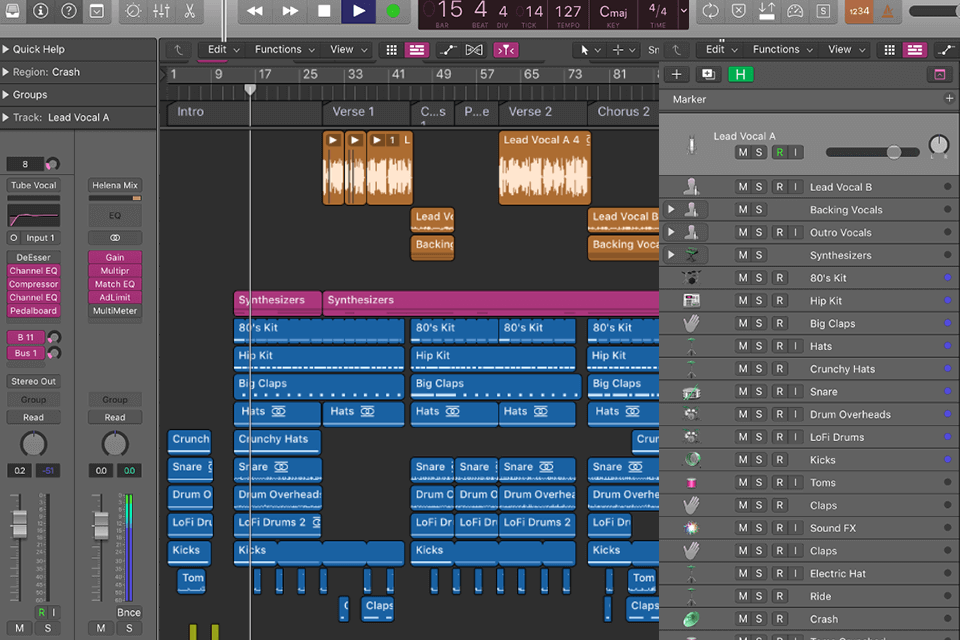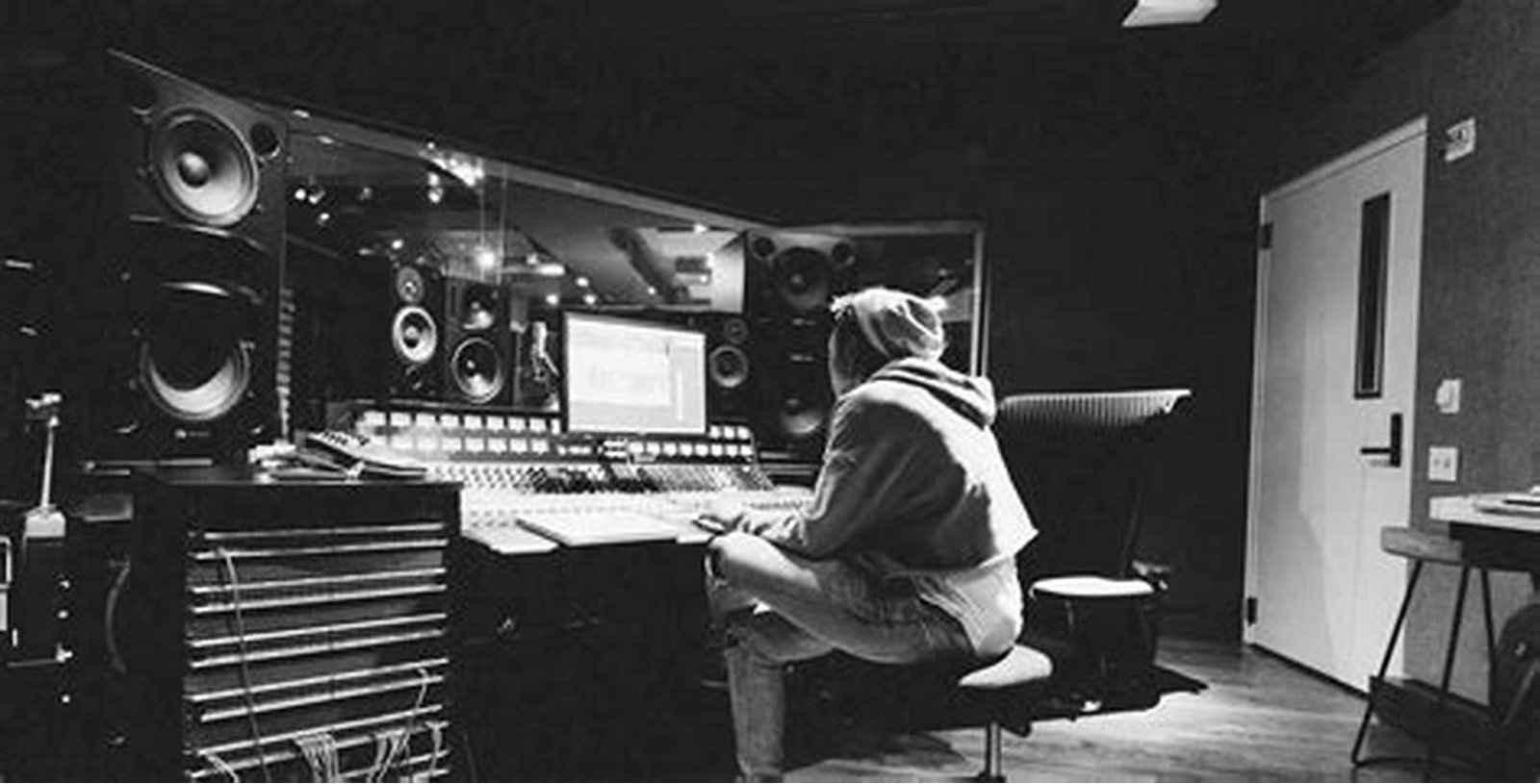In the music industry, the process of creating a song or album is often a team effort. Among the key collaborators are music producers and composers, whose combined expertise ensures the production of high-quality, engaging music. Their relationship is fundamental in shaping the sound, structure, and emotional impact of the final track. Let’s explore how these two roles work together in music creation.
The Role of a Producer
A music producer is often considered the project manager of a song or album. They are responsible for overseeing the entire recording process, ensuring the technical and artistic aspects of the track align with the artist’s vision.
Key Responsibilities of a Producer:
- Sound Design: Producers handle the overall sound of the track, including selecting instruments, effects, and sound samples.
- Arranging and Recording: Producers organize the structure of the song and manage the recording sessions. They help musicians perform at their best and capture the best possible takes.
- Mixing and Mastering: Once the track is recorded, producers are involved in refining the final sound, ensuring all elements blend seamlessly and the song is polished for release.
The Role of a Composer
Composers, on the other hand, are the creators of the musical material. They write the melodies, harmonies, and orchestrations that form the backbone of the track. While producers focus on the technical side, composers concentrate on the creative musical aspects.
Key Responsibilities of a Composer:
- Melody and Harmony Creation: Composers write the core elements of the song, including melodies, chords, and motifs.
- Arrangement: They decide how the musical parts will be structured, often collaborating with the producer to ensure the arrangement suits the song’s vision.
- Instrumentation: Composers may also play a role in selecting instruments that align with the song’s mood and genre.
How Producers and Composers Collaborate
The relationship between producers and composers is symbiotic, with both roles relying on each other to bring a song to life. Their collaboration often begins in the early stages of music creation and continues through to the final mix.
1. Pre-Production Phase
In the pre-production stage, producers and composers discuss the overall vision for the track. This might include deciding on the genre, style, and instrumentation. Composers present their musical ideas, and producers provide feedback, shaping the direction of the song.
- Creative Input: Producers may suggest changes to the arrangement or melody based on their expertise in making the track more radio-friendly or commercially viable.
- Experimentation: This phase is also about experimenting with different sounds and approaches to create something unique.
2. Recording Phase
During the recording phase, composers may be involved in performing their written material or guiding musicians who perform the parts. Producers handle the technical aspects of recording, ensuring that each element is captured at the highest quality.
- Arrangement Adjustments: As recording progresses, producers may suggest adjustments to the arrangement to enhance the song’s impact or better fit the recording space.
- Revisions: Composers might also revise their work based on the way the song is coming together in the studio.
3. Post-Production Phase
In the final stages of production, producers oversee the mixing and mastering processes, but composers may still have input regarding the balance and tonal qualities of the track.
- Refining the Sound: Producers ensure that all elements of the song are cohesive and polished, while composers ensure that the integrity of the original musical ideas is maintained.
- Final Touches: Both parties work together to finalize the track, making sure every detail is in place for release.

Benefits of Collaboration
Collaboration between producers and composers is crucial for several reasons:
1. Enhanced Creativity
When producers and composers collaborate, they can bring different creative perspectives to the table. Producers’ experience in sound design and arrangement can elevate the composer’s music, while composers add depth and artistry to the producer’s vision.
2. Streamlined Process
Working together from the outset streamlines the music creation process, as both parties are aligned in their goals and expectations. This helps avoid misunderstandings and ensures the track progresses smoothly.
3. Greater Technical and Artistic Quality
By combining their expertise, producers and composers can create tracks that are both musically rich and sonically polished. Producers’ technical knowledge and composers’ artistic skills result in a well-rounded and impactful piece of music.
Conclusion
The collaboration between music producers and composers is a vital aspect of creating successful songs and albums. Through effective communication, shared creativity, and mutual respect, they ensure that both the artistic and technical elements of a track are carefully crafted. Whether they are working on a pop hit, film score, or experimental project, their teamwork plays a crucial role in shaping the final sound that resonates with audiences.











